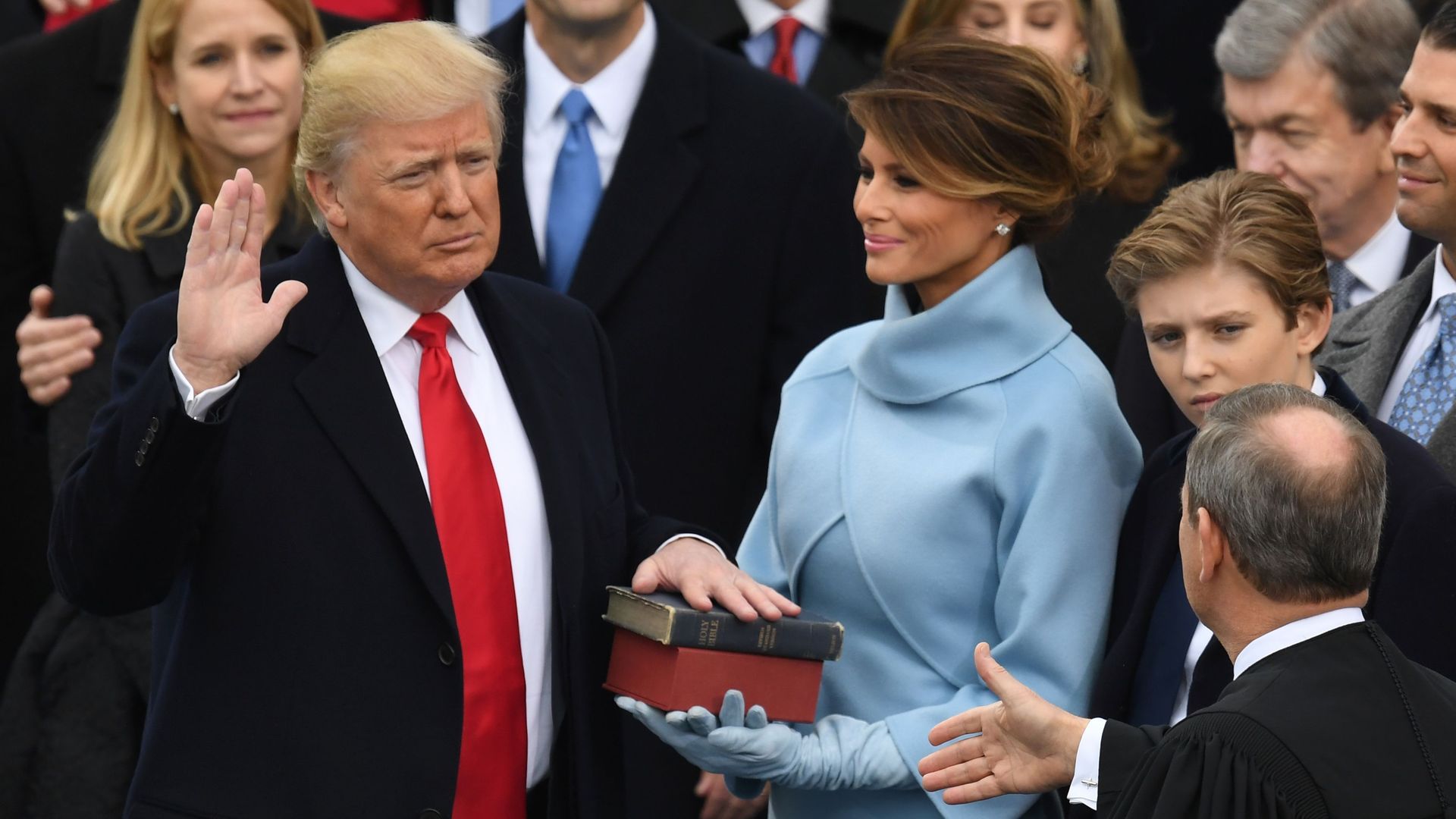Global Inflation Dynamics: Confronting Rising Pressures
Inflation remains a pressing concern worldwide, challenging economic stability. Different nations tackle it with varied fiscal policies and strategies, revealing both similarities and unique national challenges.
Published January 17, 2025 - 00:01am

Image recovered from washingtonexaminer.com
The specter of inflation looms large over global economies, posing significant challenges and demands that require complex and nuanced responses. Recently, the December update for 2024 highlighted elevated inflation rates in various parts of the world, compelling policymakers to reevaluate their fiscal strategies and economic forecasts. The recurrent theme among these economies remains the delicate balancing act between managing economic growth and controlling price surges.
In the United States, inflation continues its upward trajectory, hitting 2.9% by the end of December. This persistent rise poses a dilemma for incoming President-elect Donald Trump, who inherits an economy still grappling with inflationary pressures from his predecessor, President Joe Biden. The Federal Reserve's approach to interest rates remains a focal point of debate. While recent data bolsters arguments for sustained higher rates, given the more robust-than-expected jobs market, the path forward is fraught with complexities. The interplay between the new administration and the Fed's autonomous decisions will be crucial as both parties navigate these economic waters.
Meanwhile, in Argentina, inflation concerns are manifesting differently through labor negotiations and wage adjustments. The Asociación Bancaria successfully negotiated a 2.7% salary increase for banking employees, ensuring that workers' purchasing power remains competitive against inflationary trends. This move is a critical indicator of how inflation directly impacts labor markets and wage policies in emerging economies. The union's adaptive strategies and the Argentine government's regulatory frameworks highlight the multifaceted approach required to manage inflation locally.
In Ghana, IC Research has identified inflationary pressures as structural, urging the need for complementary fiscal policies. As the nation prepares for its 2025 fiscal plan, there is anticipation of monetary tightening. The Bank of Ghana appears poised to increase the policy rate to mitigate demand-side pressures, reflecting a proactive stance towards curbing an annual inflation rate that surged to 23.8%. This situation underscores the intricate dance between fiscal measures and monetary policy in stabilizing averting economic overheating.
Further north, in Russia, inflation is an enduring challenge with rates reaching 9.86% by early January 2025. The Economic Development Ministry's estimations point towards a recalibrated inflation outlook for 2024, adjusting previously expected figures significantly upwards. Despite localized attempts to decelerate price growth in both food and non-food sectors, overriding trends suggest that consumer markets are still bearing the brunt of inflating pressures. This is indicative of wider global inflationary tendencies that many countries can relate to.
The diverse approaches to inflation observed across these countries reflect broader economic philosophies and priorities, highlighting the multiplicity of strategies available to policymakers globally. Each nation strives to mitigate inflation's adverse effects while fostering sustainable economic growth and maintaining social equity. Different strategies, from interest rate adjustments in the U.S. and Ghana to wage hikes tied to consumer price indices in Argentina, are grounded in unique economic contexts and reflect varied inflation realities.
As these nations navigate 2025, their strategies will continue to evolve, reflective of changing economic indicators and global influence. The complex interplay of domestic and international factors will remain critical as countries adjust to and anticipate the evolving economic landscape, underscoring the critical need for carefully considered fiscal strategies in an increasingly interconnected global economy.
)
)




/nginx/o/2024/09/12/16352136t1h2e43.png)
